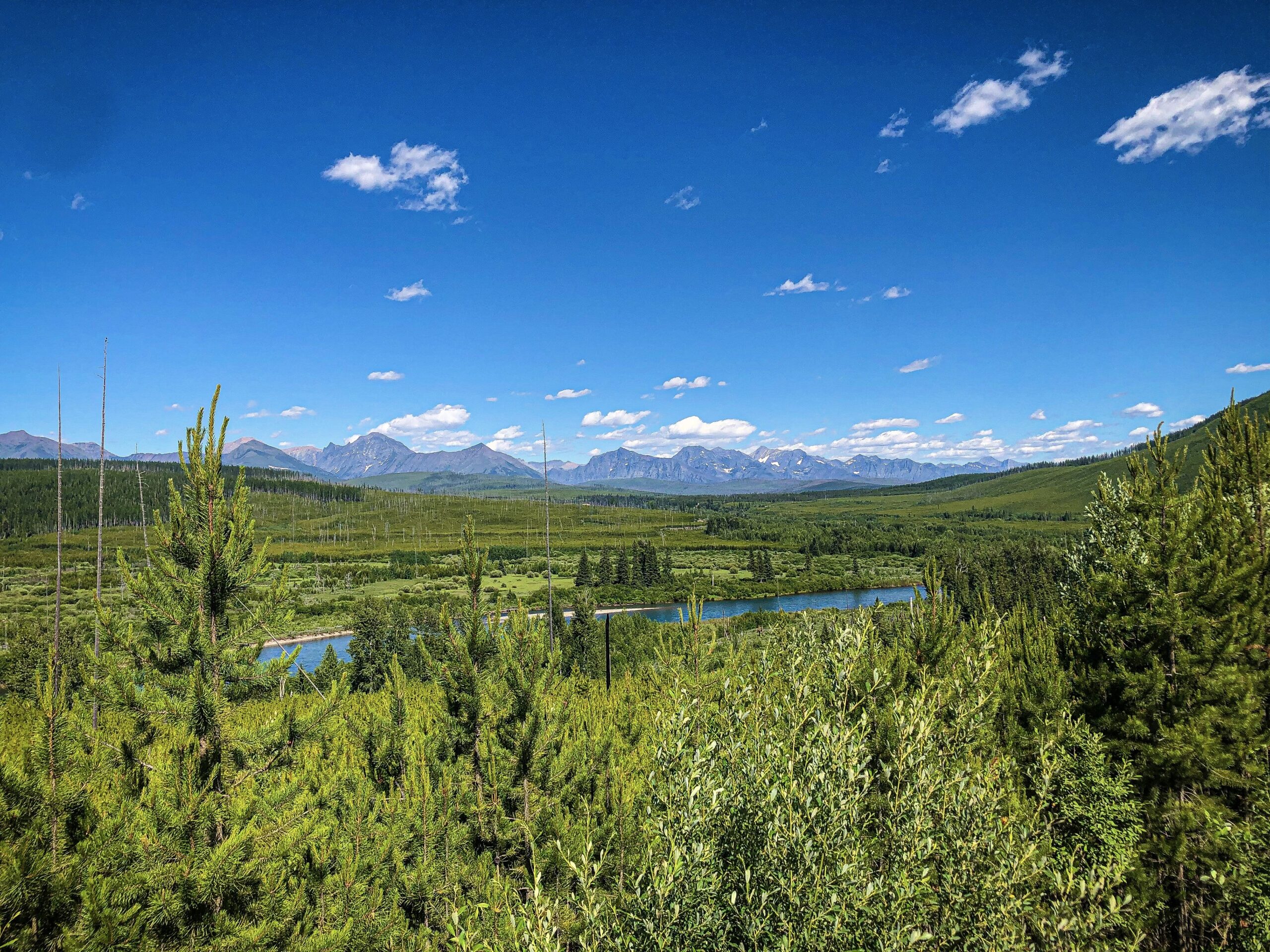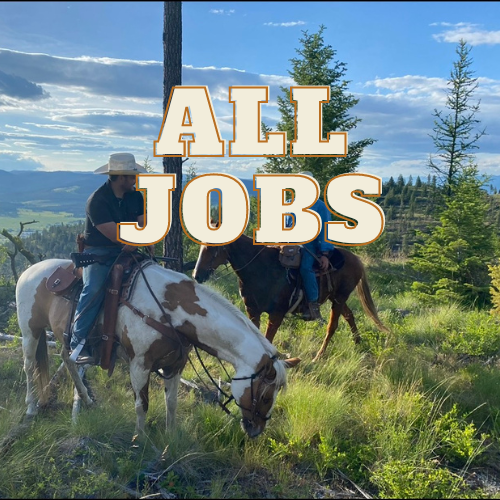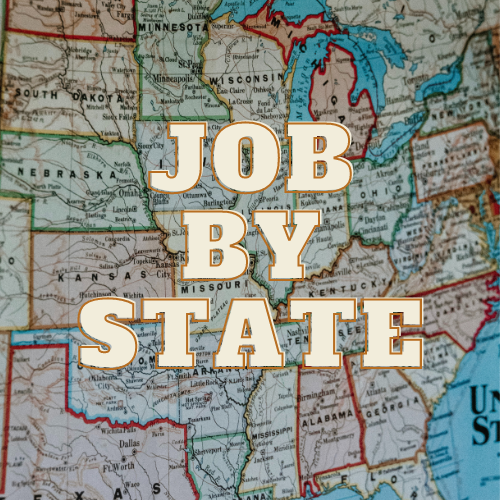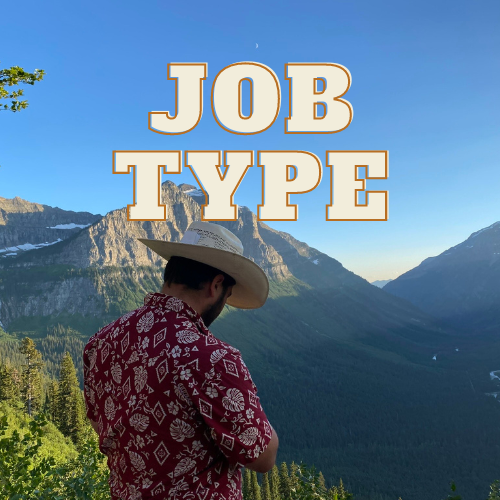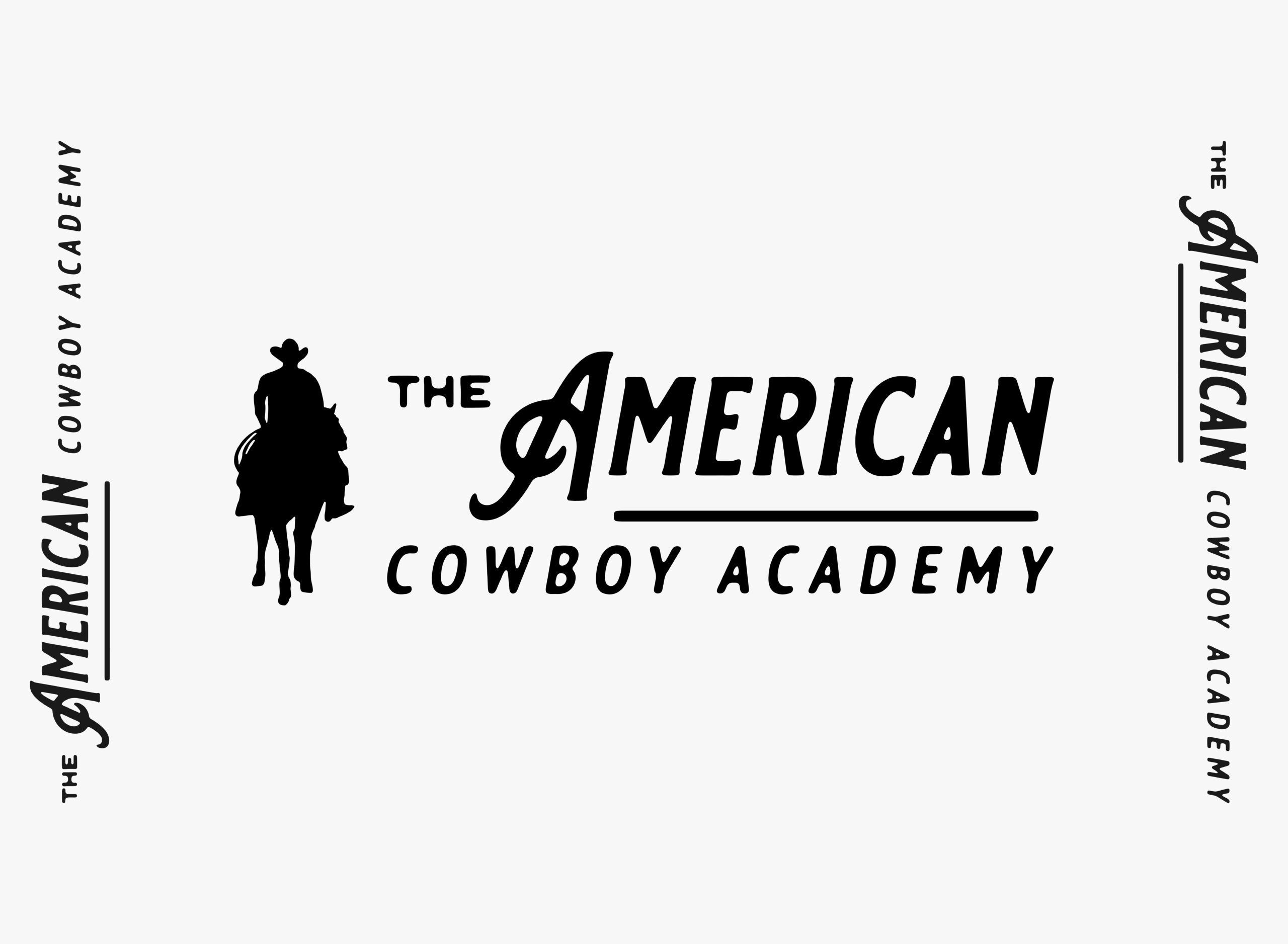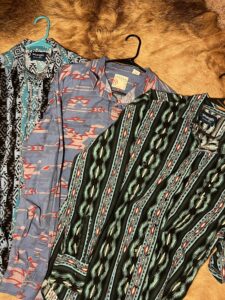When Ranches ask that applicants have “Riding Experience”, What do they mean?
Riding Experience- two words that can make or break an applicants resume and their chances of getting employment on a ranch. In this Ranch Jobs USA- Ranch Bulletin article we’ll break down what employers are looking for when they ask candidates to have riding experience.
To begin, riding experience is a term to gauge one’s level of aptitude in equestrian riding (horseback riding). Often, when applying for ranches you’ll find that the ranch requires or prefers “x years of riding experience.”
So, how is riding experience measured?
Riding Experience is typically measured in years of actively riding horseback.
For example, if you own a trail horse or two and you ride at least once a week for two years- you have two years of trail riding experience.
Riding experience is not limited to once a week trail riding. However, riding a horse for 20 minutes when you were a kid at summer camp is NOT RIDING EXPERIENCE.
Any form of long term riding whether its on the ranch gathering cattle or competing in events, ranches are looking for how much time YOU HAVE SPENT IN A SADDLE. Depending on the facility you are looking to work for, having western or English style of riding can dictate your qualifications for the job. Article coming soon on English vs. Western riding.
In summary, Riding Experience is measure by how much time you have spent in the saddle.

How to Gauge Your Riding Experience
Self reflection of your riding experience is key to composing a sound resume. Below are some examples of how to frame your riding experience.
- You rode a pony at the county fair when you were 12 and fell in love with riding but haven’t had opportunities to ride since
Ranches will view this as essentially no riding experience but a potential passion for horseback riding. You won’t be able to sell yourself based on experience but certainly could sell your passion for horses.
- You ride once a month at your grandfathers farm/ ranch
Depending on the number of years you have been riding, ranches can see this as almost no riding experience or very basic/ beginner.
- You ride English at a facility twice a week for 2 years
Your abilities will be more suited towards an English barn and seen as “intermediate to advanced experience.” If you’re looking for an agricultural job that entails active riding, you will be viewed as a lesser qualified candidate because of the stark difference in disciplines. (Disclaimer: Not all operations will view English experience in this manner)
- You grew up on a ranch and assisted in sorting, calving, and branding cattle.
You are the dream for most ranches- especially dude and guest ranches. If you can rope and ride you are the top 5% of applicants. Ensure to properly convey the extent of your experience to potential employers.
- You compete or competed in one or more rodeo events.
Conveying your experience in rodeo can be a difficult task. There is a stark difference in competing at local gymkanas and competing at the national level. Depending on the ranch, your rodeo experience (and if you have aspirations of continuing rodeo) may impact how a ranch views you.
Check the Ranch Bulletin for the article on “Rodeo to Ranching.”
In conclusion, it is very important to be self aware of your abilities and convey that to the ranch/farm you are looking to apply to. “Don’t sell yourself short, everyone starts somewhere and you can always get better.” – Sydney Surin (Ranch/ Business Owner & Champion Barrel Racer)
The Risk of Lying about your Riding Experience
Any employer or experienced rider will know immediately if you lied on your resume or during an interview. The only to be a proficient rider is to have time in the saddle. It is very obvious to tell how much time one has in the saddle.
You can get yourself seriously injured or killed.
No matter how great a horse is they are animals and can be unpredictable. The more time you spend near or on horses, you’ll be able to gauge their behavior better. Additionally, if you have little to no riding experience your risk for injury significantly increases. You don’t want to be the guy who breaks his neck on the first day.
